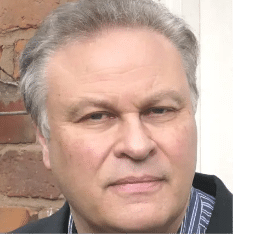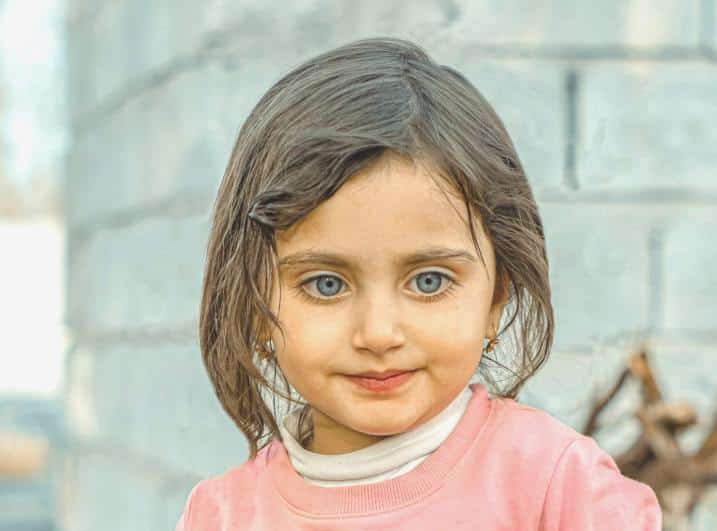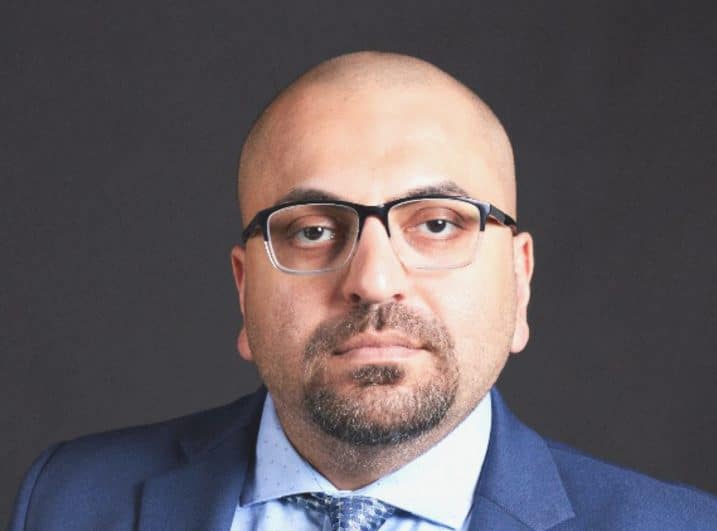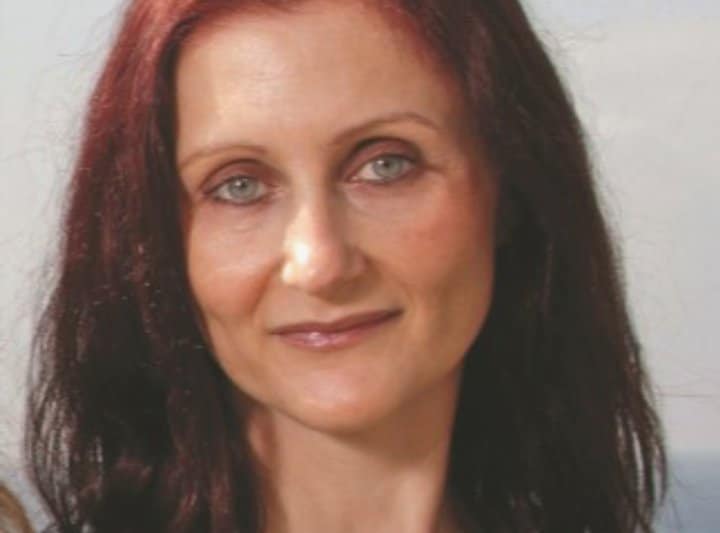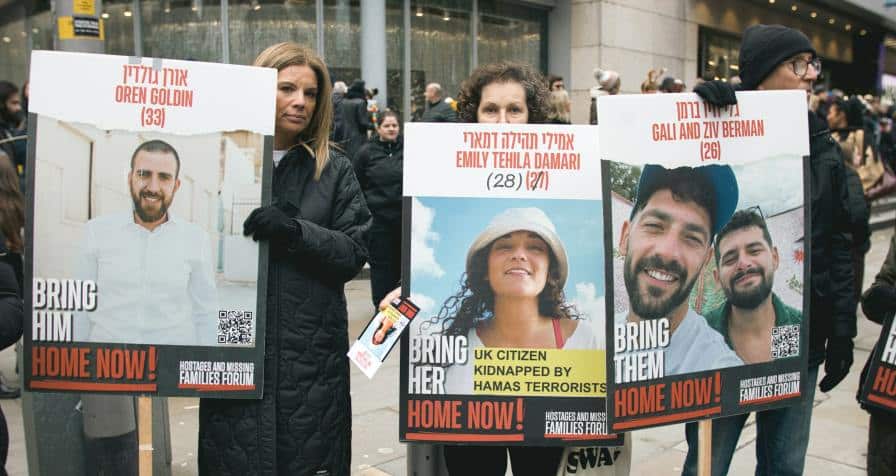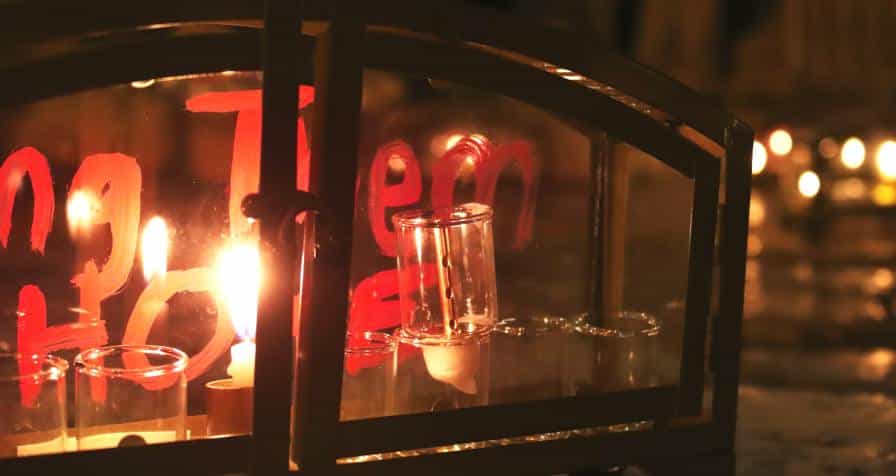PRESIDENT’S COMMENTS
“Dehumanisation is the First Article of War.”
Children of Peace fully supported the 2025 Gaza Peace Summit held in Sharm El Sheik, Egypt 13 October 2025. We welcome the cessation of hostilities from 10 October 2025 and the return of the Israeli hostages together with the re-supply of aid to Gaza civilians.
Now that the world looks away from the tragedy of the 7 October War towards other conflicts, the central issue facing world powers is how to build ‘peace, security and shared prosperity regardless of race, faith or ethnicity’ across the region. Importantly, food and vital medical aid is reaching the survivors but the future of Gaza and indeed the region itself remains unanswered.
In this edition, we include reports from Dr Jane Courtney from UNICEF Gaza and the impact of the return of the hostages on Israeli society by our Israeli correspondent Rolene Marks. Our Gaza correspondent Omar al-Najjar looks at the hopes and dreams of Gazan children for a better life and a better future.
We welcome a new Friend of Children of Peace – leading Palestinian Peace Activist Ahmed Fouad Alkhatib and Founder of Realign Palestine. Importantly, we celebrate the wonderful news that Sally Becker, a notable Goodwill Ambassador to Children of Peace, has won the LifeTime Achievement Award at Pride of Britain 2025. Well done Sally!
Richard Martin FRSA, President and Founder, Children of Peace.
PLEASE HELP CHILDREN OF PEACE TODAY
Children of Peace is the largest peace network across the Middle East and North Africa. Our work in creating peaceful outcomes, protecting the children and promoting tolerance and reconciliation is vital for a region facing turmoil, conflict and violence.
We receive no support from governments or international institutions. We depend entirely on the kindness and generosity of individual supporters worldwide. Such donations have helped Bedouins, Samaritans, Jews, Muslims, Christians, Circassians, Ethiopian Jews, Afro-Palestinians, Druze – Israeli and Palestinian peace organisations that work together.
Our Coalition of Peace builds bridges not walls.
DONATE NOW...
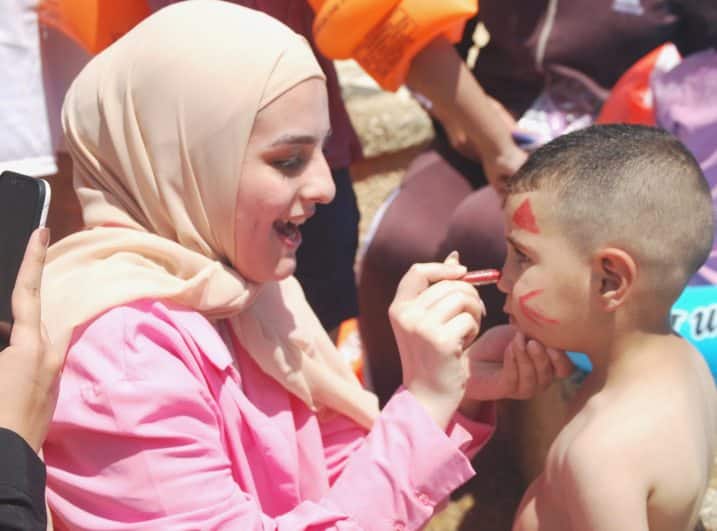
A Fun Day in Murad, summer 2025, for West Bank Palestinian children. Organised by Humans Without Borders, affiliated to our Coalition of Peace. Helped with funding from Children of Peace.
NEWS – NOVEMBER 2025
NEWS – NOVEMBER 2025
SALLY BECKER, RECEIVES LIFE TIME ACHIEVEMENT AWARD
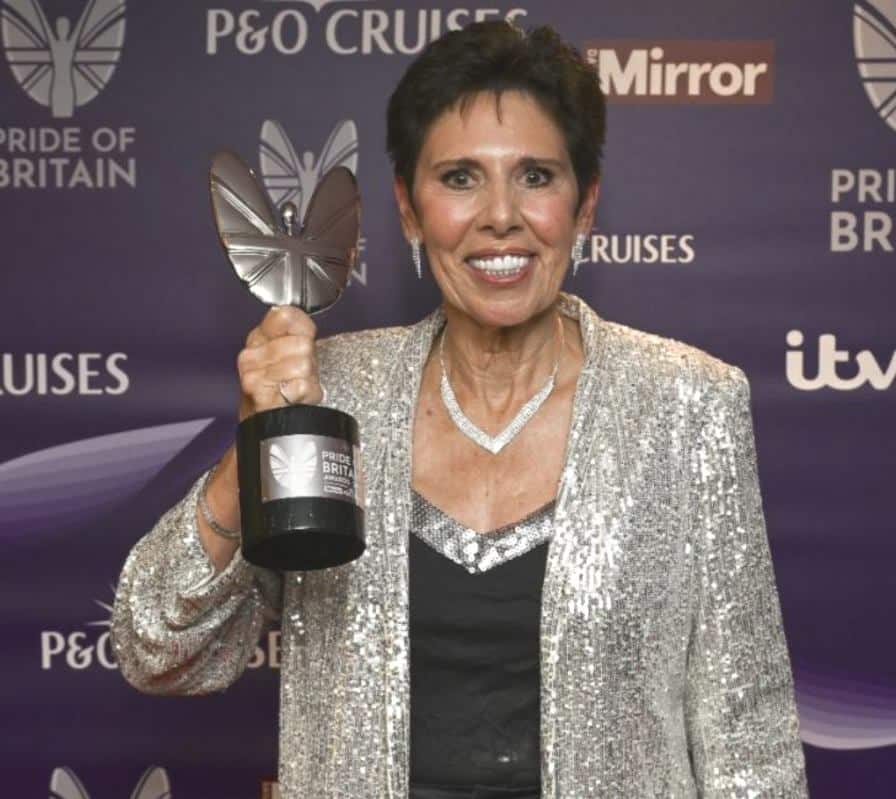
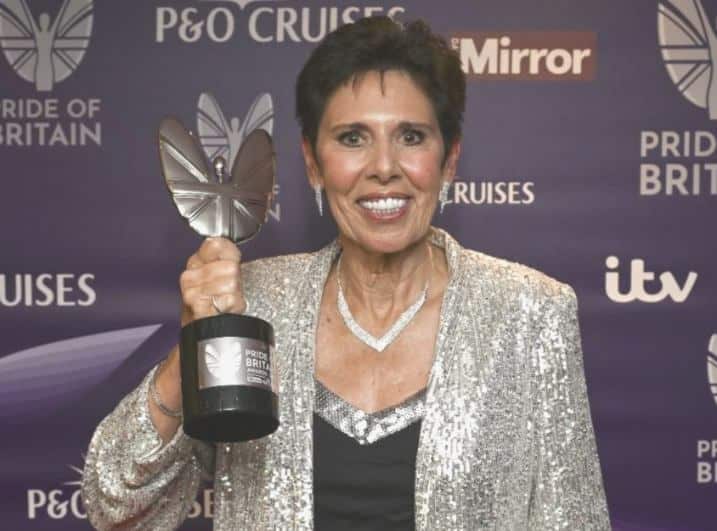
Sally Becker, one of the world’s leading humanitarians, has received the Life Time Achievement Award at the Pride of Britain Awards 2025.
Sally is a Goodwill Ambassador to Children of Peace and is founder of the charities, Save A Child and Road to Peace.
Best known for her work during the Bosnian and Kosovo Wars in the late 1990s, Sally is credited with saving hundreds of lives through her actions in the Balkans. She was frequently referred to in the British media as the “Angel of Mostar”. In the years that followed Sally has intervened to bring women and children out of dangerous war zones including Gaza, Ukraine, Iraq and Syria.
Sally’s memoir Where Angels Fear to Tread is published by Harper Collins 2025
LEADING PALESTINIAN PEACE ACTIVIST JOINS CHILDREN OF PEACE AS A FRIEND
Children of Peace is delighted to welcome Ahmed Fouad Alkhatib.
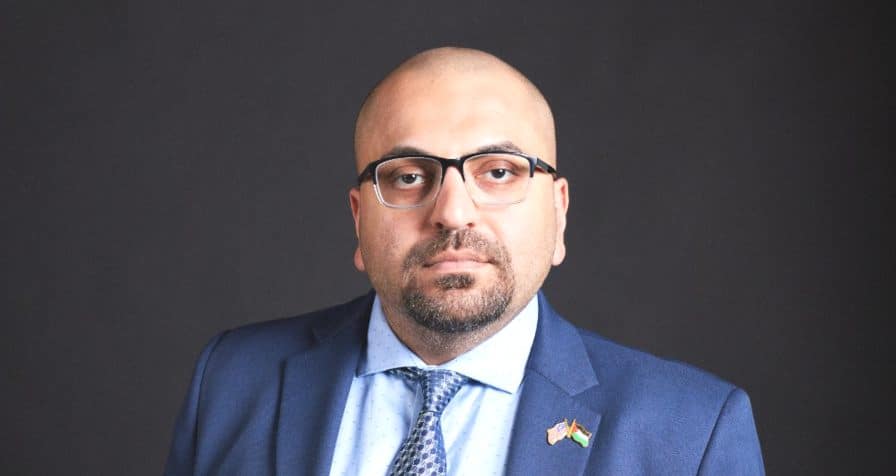
I’m honoured to become a Friend of Children of Peace. My commitment is to a Gaza governed by law, not militias.
A politics of nonviolence over performative ‘resistance’, and a future where children return to schools, not rubble.
Transparency, accountability, and radical pragmatism can get us there – together.
Ahmed is a Palestinian-American writer, analyst, and peace advocate. He is the founder and director of Realign for Palestine, a project at the Atlantic Council, where he serves as a resident senior fellow with the Scowcroft Middle East Security Initiative.
Raised in Gaza City, he left in 2005 for a student exchange in the United States and was later granted political asylum after the Hamas takeover blocked his return. He became a US citizen in 2014 and has since focused on pragmatic, nonviolent approaches to Palestinian self-determination and Israeli-Palestinian coexistence.
In 2015, he launched Project Unified Assistance, advocating a UN-run, Israeli-approved humanitarian airport for Gaza. His work in global development and his graduate studies in intelligence and national security inform a policy style grounded in lived experience and rigorous analysis.
Alkhatib’s commentary and reporting appear in major outlets and broadcasts, including CNN and BBC. His writing has been featured in The Atlantic, The Washington Post, Newsweek, and Haaretz. He leads Realign for Palestine’s effort to elevate nonviolent, two-state-oriented Palestinian voices and to replace maximalism and nihilism with what he calls “radical pragmatism”.
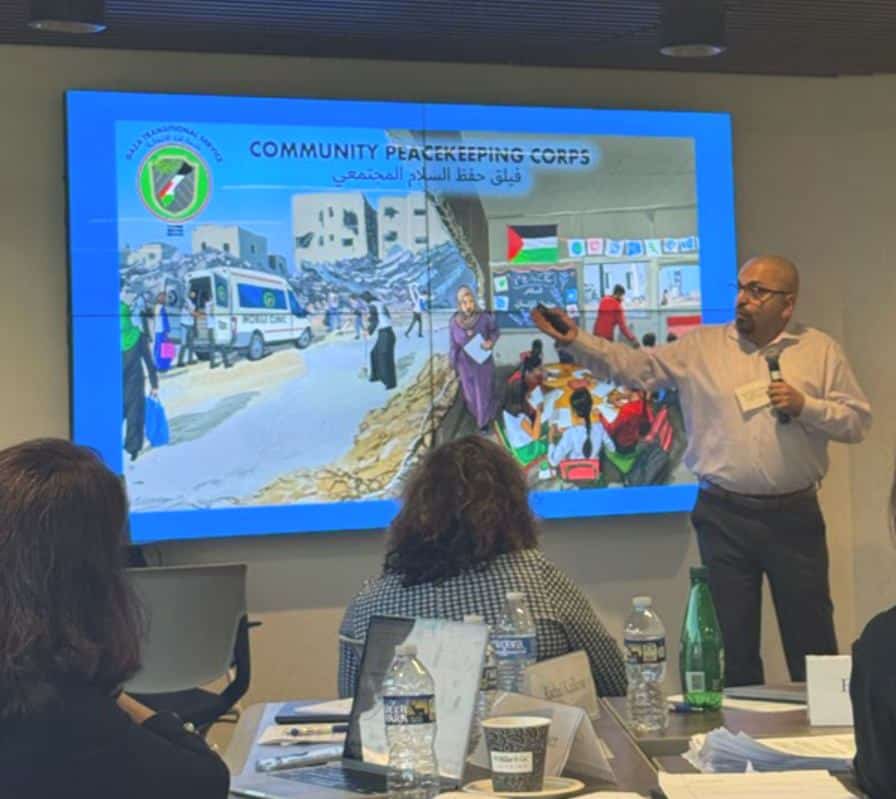
Here he tells us about his important work…
“I grew up in Gaza, and like so many who love that narrow strip of land, I carry two things at once – grief for what has been lost, and conviction that a different future is still possible. My work today is focused on turning that conviction into practise. At the Atlantic Council, I founded and lead Realign for Palestine (RFP), a project devoted to rebuilding a pro-Palestine, pro-peace movement around nonviolence, rule of law, and a two-nation solution. Not slogans or maximalism, but a humane program that lifts children and families out of endless crisis.
RFP’s starting point is simple – Palestinians deserve safety, school, and a path to dignity. In Gaza, two years of war and displacement have torn through classrooms, clinics, and neighbourhoods. Malnutrition and trauma have risen sharply among children. When I speak about policy, it’s in service of these lived realities. Getting children back into safe learning spaces, restoring basic services, and protecting them from the next round of violence.
What does that look like in practise? First, a relentless commitment to nonviolence and to institutions that can monopolise force under law. There is no credible future for Gaza’s children if they are raised under militias, rockets, and reprisals. Second, services before symbolism. Prioritize schools, nutrition programs, psychosocial support, and primary healthcare so families can stabilise. Third, a politics that makes room for two peoples. One that insists on Palestinian self-determination alongside Israeli security, because children on both sides have the same right to wake up without fear. This is the ethic of “radical pragmatism” we champion at RFP. Hold multiple truths, reject dehumanization, and choose the steps that actually make life safer.
RFP advances this agenda through public education, coalition-building, and policy work that lifts nonviolent Palestinian voices often drowned out by extremism. We produce analysis, convene difficult conversations, and spotlight initiatives that can move quickly from idea to implementation. Like rebuilding education access and community services at scale with international partners, while creating political space for reconciliation instead of revenge.
Our aim is to grow a new civic mainstream that says…
The measure of ‘resistance’ is not how loudly you speak, but whether children go back to school and parents return to work.
I know what this conflict costs. Members of my extended family were killed, and the homes of my childhood were destroyed. Even so, I reject nihilism. I’ve used my voice to challenge tyranny and the cycles of collective punishment that brutalize civilians. My writing and media work try to carve a lane where Palestinians can advocate for their rights without excusing violence. And where Israelis can acknowledge Palestinian dignity without feeling existentially threatened.
My long-term hope is modest and radical at once.
- A Gaza whose children are defined not by rubble, but by routine – uniforms, lunchboxes, and noisy classrooms.
- A politics that prizes coexistence over fantasies of domination.
- A pro-Palestine movement that measures success by human outcomes, not hashtags.
That is the future Realign for Palestine is working toward, and the spirit in which I’m honoured to support Children of Peace.”
UNICEF IN GAZA
In her latest update from UNICEF Gaza, Dr Jane Courtney focuses on the devastating impact and aftermath of the 7 October War.
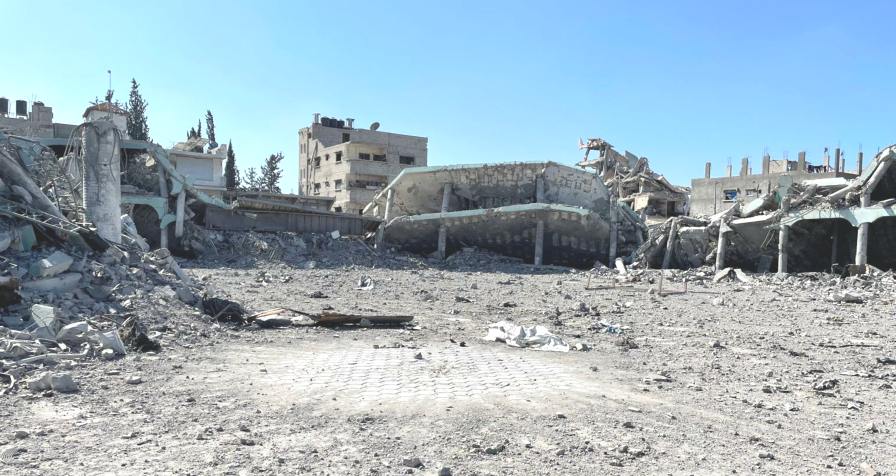
After two years of war and intense bombardments, Gaza’s education system stands on the brink of collapse.
More than 97% of schools have been damaged or destroyed, and almost 92%* of all education facilities will require either full reconstruction or major rehabilitation to become functional again. Most of the 658,000 school age children have had limited access to face-to-face learning for over two academic years.
The current ceasefire is volatile. Reportedly 46 children were killed in October over one 24 hour period, in Israeli air strikes. Children and their families live in fear.
Despite famine and shortages in water as well as all the basic necessities to sustain the dignity of human life the Palestinians continue to prioritise education. Currently UNICEF has generated spaces in 78 learning centres to accommodate 109,310 children (54% of them are girls) to provide Non-Formal Education learning. These children attend three days a week for just three hours as demand is so high and space limited.
The team are also working to ensure children can attend on other days of the week so they can be supported to play and heal. UNICEF is committed to inclusion and we have been able to start disability and nutrition screening to identify children and families who need more support.
Although there is a ceasefire, providing education remains challenging. So far it has been impossible to get in educational supplies. Teachers are writing on tent walls. UNICEF has stationery, back packs for children and resources for teachers waiting at the borders. But it is not considered as lifesaving humanitarian aid, so we have not been given permission to get the materials into Gaza yet.
With the Education team in Gaza and working closely with the Palestinian Authority a key priority has been to find spaces where we can build more learning centres to meet the demand. In the South, we have found school buildings where we have rehabilitated classrooms and fenced areas in the playground to accommodate semi-permanent classrooms.
In the last week of October, the team was able to visit 28 new sites looking for new spaces. In the South we have found suitable sites to scale up, but in Gaza city it was a different story. The destruction in the last two months was indescribable. And as we drove around to all areas I witnessed national colleagues becoming more hopeless. As the day went on as they realised how mammoth the task of reconstruction was going to be.
We could not always find locations for learning centres as what remained of the roads were at times unpassable and when we found the space there was only rubble. When we did find potential spaces they needed to be cleared of unexploded ordinance, chemical hazards and rubble. Despite this UNICEF, will remain committed to bring back learning to Gaza’s courageous children.
* 1 Education Cluster. August 2025. ‘Education on Hold: Two years of no in-person formal education.’
Children of Peace fully endorses UNICEF Gaza. Please donate and support their vital work.
We could not always find locations for learning centres as what remained of the roads were at times unpassable and when we found the space there was only rubble. When we did find potential spaces they needed to be cleared of unexploded ordinance, chemical hazards and rubble.
Despite this UNICEF, will remain committed to bring back learning to Gaza’s courageous children.
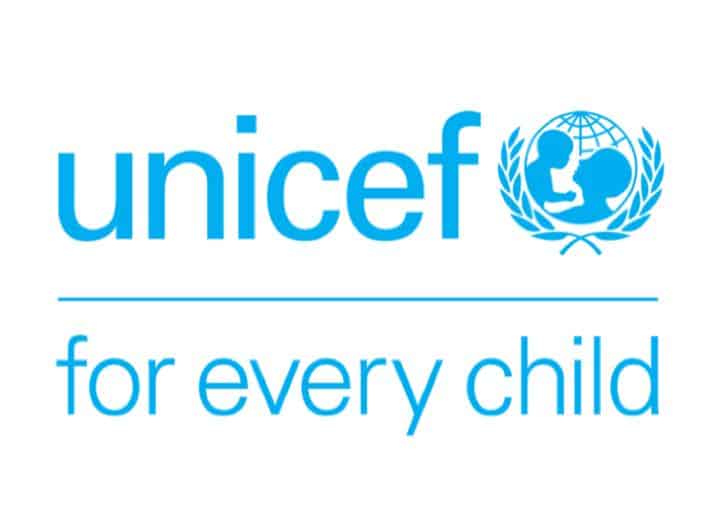
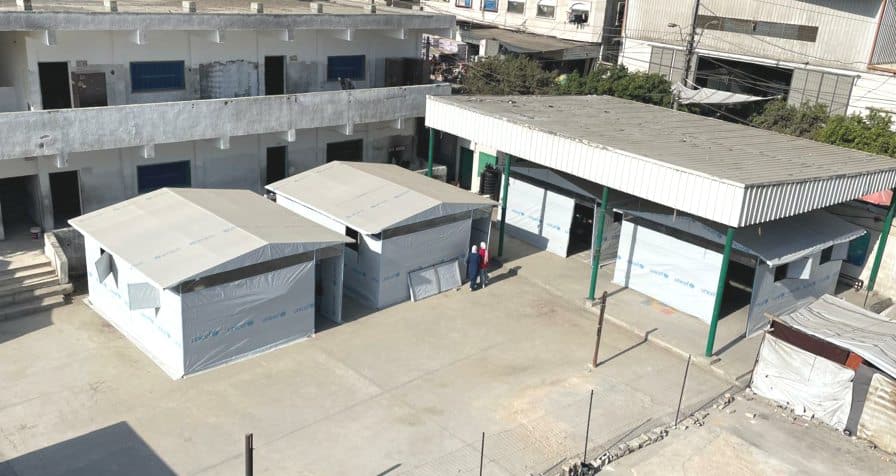
Rebuilding Lives
The violence against Israelis and Palestinians hurts children in both communities – with an increase in post-traumatic stress, morbidity, nightmares. Children of Peace carries out urgent work with our partners – protecting and supporting children. Please support our work and help the #childrenofconflict.
Photo credit: Lyle Hastie - Unsplash
WELCOME HOME! THE RETURN OF THE ISRAELI HOSTAGES
Our Israeli correspondent Rolene Marks looks at the return of the Israeli hostages from Hamas captivity and the effect on Israeli society.
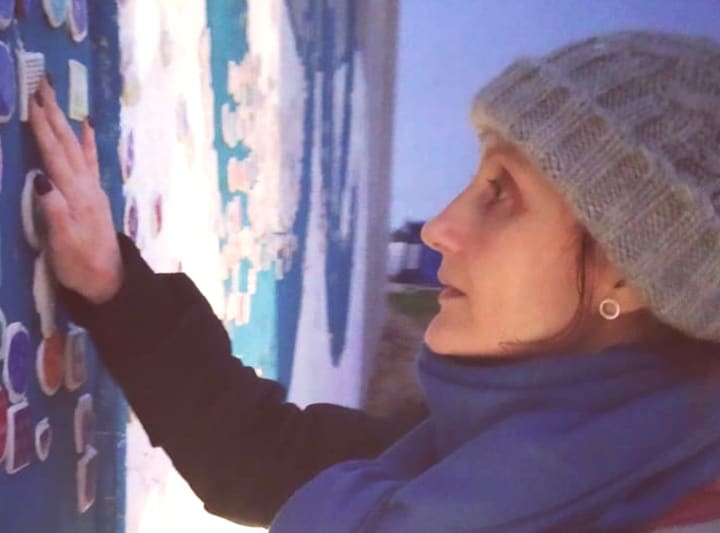
I do not think a single person slept a wink in Israel the night before the hostage release.
You could feel a sense of hope mixed with trepidation descend across the country as we prepared for the day we had long hoped for – the return of our hostages.
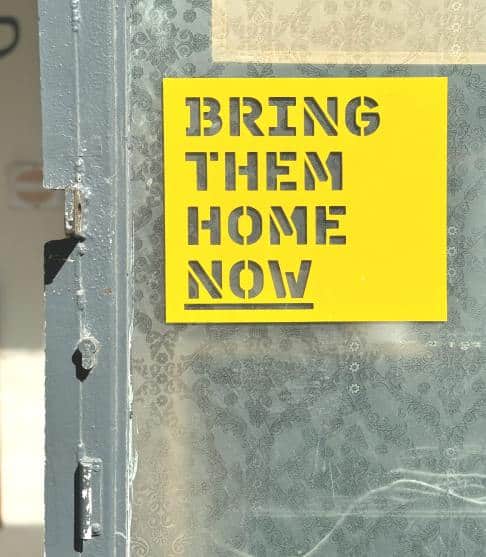
On 7 October 2023, over 250 of our brothers and sisters were brutally abducted as Hamas rampaged across Southern Israel, committing a trail of atrocities. Many of them were murdered and their corpses taken hostage as a sick bargaining tool. Others were murdered in captivity. The living hostages subjected to horrific and cruel conditions. Each hostage is a hero, and a hero’s welcome they received.
For Israelis, the individual stories of each hostage is a part of our collective soul. They feel like members of our family, and they are.
We know the story of our ‘Romeo and Juliet’, Noa Argamani and Avinatan Or, so cruelly separated as they were both taken into captivity. Noa’s arms stretched out to her love as she is taken into Gaza on the back of a motorbike, is an image we will never forget. Also…
- Daniel Peretz Z’L, who fought so bravely and fiercely, along with his team in their tank at Nahal Oz on 7 October.
- Bipin Joshi Z’L, a Nepalese student of agriculture whose fate was unknown until we had the devastating confirmation that he was murdered in captivity.
- Omri Miran, whose two sweet little girls greeted the moon every night until they could say “good night Daddy” in person.
- Elkana Bohbot’s five-year-old son Re’em had to be taken to kindergarten when school started. An hour later than the other children because they had daddies to take them and he did not.
- Herut Nimrodi has fought like a lioness for her son Tamir Z’L, whose fate was also unknown until this week.
Each one of them a universe.
For 738 days, their families, supported by Israelis, the Jewish people and all of our allies fought like lions to scream their names, lobby and make sure that every corner of the globe heard our resounding message – BRING THEM HOME NOW!
For 738 days, we hoped, prayed, shook the heavens, bargained with the Almighty and anyone in power. We were brought to our knees, pleading and breathed the fire of our relentless fight for our brothers and sisters. Our bravest and best have fought with all, their might and many have paid the ultimate price. Now we can start to exhale. The healing process can begin. Our hostages are not just numbers or faces on posters. They are real people, our brothers and sisters, fathers and sons, husbands and lovers.
It is impossible to put into words the sheer jubilation and joy we felt seeing our brothers come home and reunite with their loved ones. From midnight Sunday, Israelis gathered at Hostages Square in Tel Aviv, anxiously waiting for the first signs of return. Then the eruptions across the country!
I don’t think there was a dry eye in the country as one by one, we watched our brothers safe on Israeli soil in the hands of the IDF and then reunited with their loved ones. I could watch these reunions all day.
- Tal Kuperstein standing for the first time to hug his son, Bar.
- Segev Kalfon’s wail of happiness to see his family.
- Twins, Ziv and Gali Berman, reunited after separation in captivity.
- Evyatar David and childhood friend, Guy Gilboa-Dalal, frail but finding strength when reunited in hospital after their captivity.
- Lionesses Lishay Miran-Lavi and Einav Zangaukar reunited with Omri and Matan.
- Matan Angrest, summoning superhuman strength to attend and deliver a eulogy at Daniel Peretz’s funeral.
- Eitan Horn and Eitan Mor with their families.
- Avinatan Or holding his girlfriend, Noa Argamani.
- Ariel Kunio and Arbel Yehud.
- David Kunio and his little girls.
- Rom Braslavski watching the sunset for the first time in two years.
- Elkanah Bohbot hugging his little boy.
- Alon Ohel playing the piano for the first time.
- Maksym Harkin pail but safe in the arms of his family.
- Yosef-Haim Ohana shaking the lulav and etrog.
- And Nimrod Cohen joking with his siblings.
We cannot get enough of them!
Finally, they are home. Israelis can finally breathe again. While we can start to heal as a nation, we will also still carry the pain of 7 October and two years of war with us for generations. It will not define us – but will walk alongside us.
At the time of writing this, there are still hostages whose remains are held by Hamas. We will not stop until they are all home for a dignified burial. So, while we exhale, we also know that there is still work to be done.
Am Yisrael Chai!

OUR COALITION OF PEACE
… is a unique peace network with affiliates on every continent, and especially in Gaza, Israel, Jordan, the West Bank, Turkey, Egypt and Morocco.

THE CEASEFIRE IN THE EYES OF THE CHILDREN AND THOUGHTS OF ADULTS
Omar al-Najjar, our Gaza correspondent, looks at the children’s hopes and dreams against the harsh reality facing Gaza.
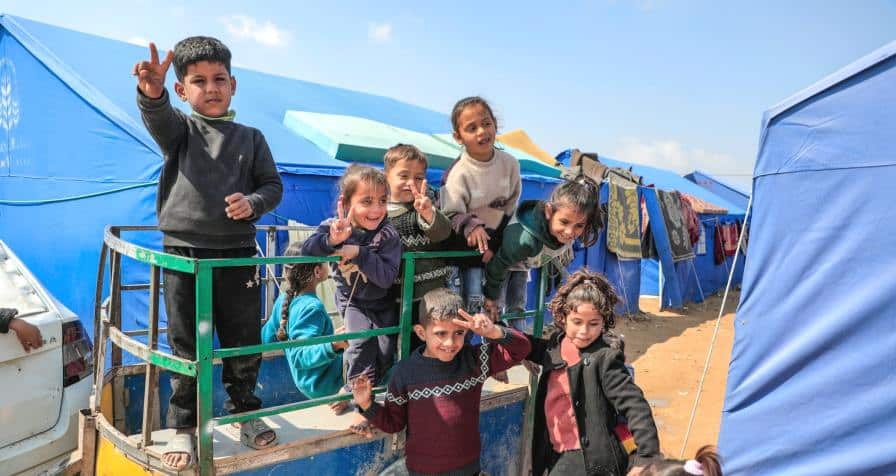
In July 2024, I reflected on what it meant to live nine months into this war, noting the miraculous potential contained within that time, a pregnancy, a birth, the turn of the seasons, etc.
I never imagined then that I would be writing about more than 730 days, two full years of conflict. Today, I follow that same style, contrasting potential with devastation.
Reflection on the Past
Two years. It is a period that defines completion.
In 730 days, a baby learns to walk, run, and speak. A dedicated student finishes a Master’s degree. A community can celebrate the full completion and handover of a mid-sized residential complex, or the establishment of a fully equipped hospital or regional vocational training centre. In two years, a small business moves past its startup phase and begins to thrive. These are the expected milestones of peace and progress.
But our reality has been the inversion of this potential. In two years, more than 20,000 children were killed. Over 70,000 tons of explosives were dropped across the Gaza Strip. More than 90% of residential buildings were damaged or destroyed. Over 2,300 educational institutions and more than 125 medical facilities were ruined, and the vast majority of businesses were annihilated.
The Ceasefire: The Moment of Light
Yet, finally, we glimpsed a light at the end of that 730-day tunnel. Or, if you prefer the precision of time lost, that’s 1,051,200 minutes. A ceasefire was announced in October, the month Palestinians will never forget.
It was 11am, during my work at a field hospital. The celebrations began with a raw intensity. “IT IS OVER,” was the cry. Patients smiled, and people who came for follow-up appointments simply left to join the crowd outside. The image of a grown-up father collapsing to the ground in happy tears is something that will forever remain in my mind. A testament to how simple people are, and how desperately thirsty they are for celebration and laughter.
The Hard Reality: Children’s Dreams
I turned to the children in the camp where I live and asked them: “What does the ceasefire mean to you?” Their answers cut to the heart of what we have lost. The fundamental safety that is globally understood as a basic right.
- Mohammed, 5 years old: “It means there will not be more bombing, that my mother will sleep well, that I am going back to my house in Gaza city.”
- Mariam, 7 years old: “Don’t test me Omar, I am a smart girl, a ceasefire means that the war is over, and we are going to sleep well now, that I will eat chickens and meat now.”
- Zakaria, 10 years old: “The end of the war, my father will give me his phone more to play. There is no need for him to put on the radio for many hours—the war is over.”
- Adam, 11 years old: “Finally, I could play soccer at any time. No one will tell me to stop because it’s too dark or early morning.”
- Lean, 13 years old: “I will not sleep too close to my mother now. I will sleep safely, and (with embarrassment) I could go to the bathroom in the night and will not keep it till the next morning.”
- Abood, 15 years old: “I don’t care what it means, my birthday is in two weeks, and I will be able to celebrate with my friends! Finally, my last birthday we were displacing. This time we are going to celebrate no matter what.”
These children dream of basic human rights, safety, sleep, food, and the dignity of a private life. Rights that were impossibly difficult to possess during the war.
The Imminent Collapse
The adults in the camp, however, lacked this simple optimism. Their happiness was overlaid with a deep, weary worry. They kept saying the ceasefire was “fragile, easy to break,” fearing a quick return to point zero. They were preoccupied with adult concerns. Where to live, how to secure an income, and the long-term emotional and educational recovery of their children.
Their fears proved prophetic. Within the first three weeks, the ceasefire was paused twice, validating the theory of its fragility. We continue to hold our breath, wishing for the moment when the official END OF WAR can be declared.
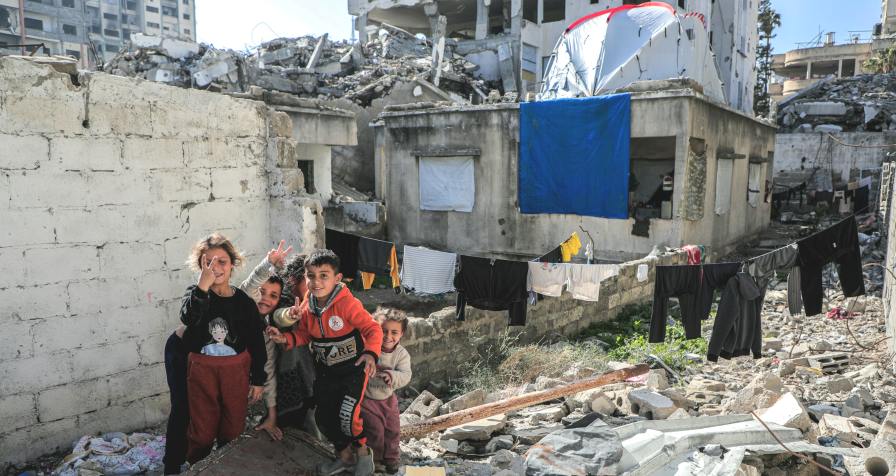
Mapping the Way Forward
People in Gaza now face difficult decisions, planning their families’ futures amid immense uncertainty. Some have begun education initiatives. Others are focusing on mental health and recovery activities. And many young people are urgently searching for scholarships, a definitive way to gain knowledge and skills abroad. So they can return to be part of the long, necessary process of rebuilding Gaza.
The international community must pivot its focus. Beyond immediate aid, it should concentrate on stabilizing communities, easing psychological recovery. And crucially, giving young people the chance to study abroad and return with the expertise needed for our nation’s renewal.
The fight for stability is not just on the ground. It is fought in classrooms, through careers, and in the pursuit of opportunity. After documenting the immense potential of what 730 days of peace could yield, I look to build my own future with the same determination. I am proud to have already been accepted to multiple university offers from the UK, a testament to the resilience of a generation determined to rise above the rubble. I have applied for the necessary scholarships to fund my studies and stay, but these competitive results are pending.
My dream of bringing new skills and knowledge back to my community is within reach. It simply requires a final commitment. If you can help empower this step toward a better future, please do not hesitate to reach out.
Photo credits. Face painting, Humans without Borders. Sally Becker, Adam Garrant/Pride of Britain. Ahmed portrait, Atlantic Council. Ahmed other, Melanie Robbins. Unicef, UNICEF Gaza. Rolene article, Unsplash (John Cameron, Ian Betley, Sara Rostenne). Omar article, Soheil Jalili (girl), others, Unsplash (Mohammed Ibrahim).




